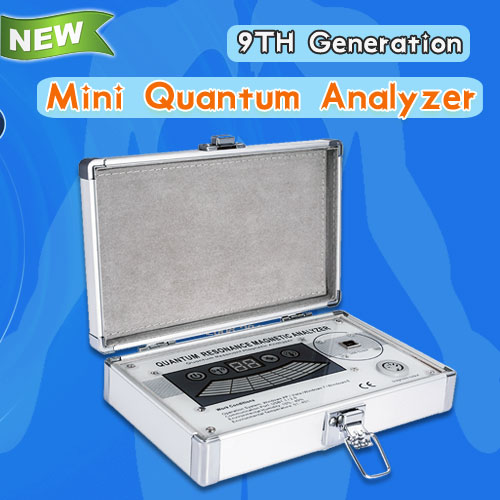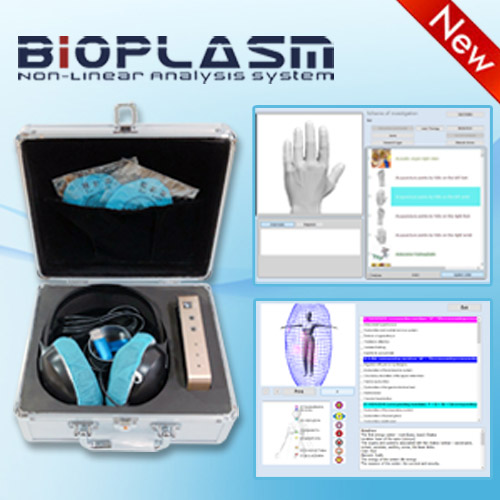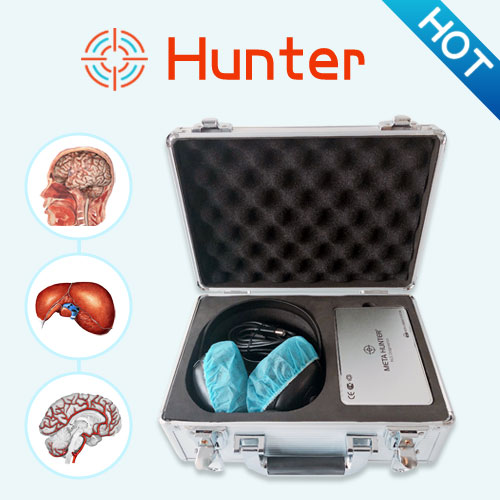3D NLS-GRAPHY
Three-dimensional pictures of human’s internal organs became a part of general practice in early 90’s after computer tomographic scanners were equipped with powerful computing systems capable of controlled processing of two-dimensional crosscuts. Nowadays three-dimensional representation of elements of diagnostically interesting zone is an everyday reality in leading clinics of the world.
Method of three-dimensional representation of diagnostic data is generally related to powerful hardware resources, i.e. acquiring of parallel (or placed at previously specified angles) magnetic-resonance, roentgen or NLS-graphic images with their following integration into single visual array where an operator can separately visualize bones, muscles, soft tissues, vessels, nerves etc. highlighting them with color while other tissues are shown in gray semitransparent tone.
Rendering of 3D NLS-graphic images of abdominal cavity organs is considered nowadays to be an experimental task mainly. Rarely used due to its low information value method of creating of separate two-dimensional images of abdominal cavity organs by means of NLS-visualization is much more interesting for rendering three-dimensional diagnostic images.
In addition to solving of usual objectives on the basis of 2D NLS-graphy of abdominal cavity organs data many parallel diagnostic tasks are solved by means of non-linear algorithms and massive calculations application.
This article is provide from [Metatron 4025 hunter],please indicate the source address reprinted:http://www.healthycarer.com/news/nls-knowledge/1230.html






